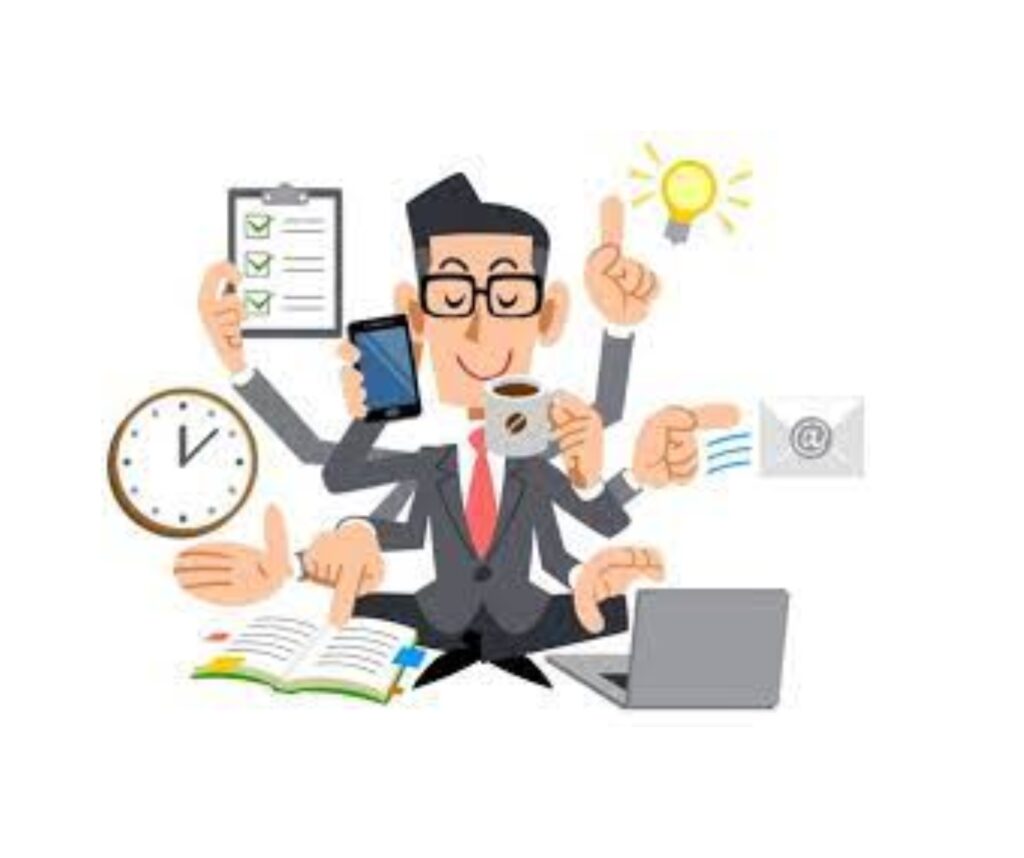The owner of a sole proprietorship business is an individual who operates and controls the business. As a sole proprietor, you have full ownership and responsibility for the business, and there is no legal distinction between you as an individual and the business itself.
Here are some key points about the owner of a sole proprietorship:
1. Single Owner:
A sole proprietorship owners is one individual. This means that you have complete control over the business’s operations, decision-making, and profits.
2. Personal Liability:
As the owner of a sole proprietorship, you are personally liable for all the debts, obligations, and legal liabilities of the business. Your personal assets can be at risk in case of business-related issues.
3. Business Profits and Losses:
You are entitled to all the profits generated by the business. However, you are also responsible for any losses incurred.
4. Taxation:
The income and expenses of the business are reported on your personal income tax return. You will need to tax on the business’s profits at your personal income tax rate.
5. Management and Decision-Making:
As the sole proprietor, you have complete authority and control over the management and decision-making processes of the business. You are responsible for all aspects of the business’s operations.
6. Limited Life:
The life of a sole proprietorship tie to the owner’s life. If the owner decides to cease operations, retire, or passes away, the business typically dissolves.
For more information to visit: https://labourcis.nic.in/
FAQs
For further details access our website https://vibrantfinserv.com

